Filter by
Learning materials (24)
RSS
- Highlighted
"Yooki and the Union of the Forest" educational package
Would you like your pupils to learn the basics about the European Union, but feel the subject may be too complex for them? Let them meet Yooki the firefly and his animal friends!
- Age groups
- Up to 9 years

- Highlighted
Civic education package
Discover how the 27 EU countries work together: teach, learn and play with the Council's civic education package
- Age groups
- Ages 12 to 15Ages 15 and over
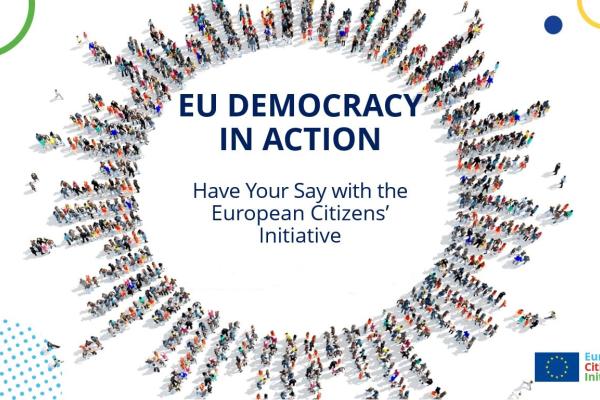
- Highlighted
EU Democracy in Action - Have Your Say with the European Citizens’ Initiative
Do your students want to help change the world? The 'EU Democracy in Action’ Toolkit encourages students to take an active role in European issues with four interactive lessons on democracy in the EU and the European Citizens’ Initiative.
- Age groups
- Ages 15 and over
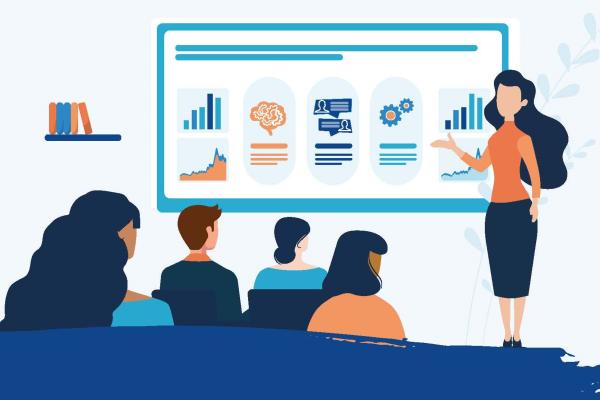
Use of artificial intelligence (AI) and data in teaching and learning
These guidelines are designed to help educators understand the potential that the applications of AI and data usage can have in education and to raise awareness of the possible risks.
- Age groups
- Ages 15 and overUp to 9 yearsAges 9 to 12Ages 12 to 15

#EUANDME
Discover examples of how the EU makes a difference in a collection of five short films. From two siblings who invite the rest of Europe to their villa...
- Age groups
- Ages 15 and over

Ambassador School Programme
The educational tool 'Europe@school - Active lessons about the European Union' has been developed to bring the EU into the classroom.
- Age groups
- Ages 12 to 15Ages 15 and over
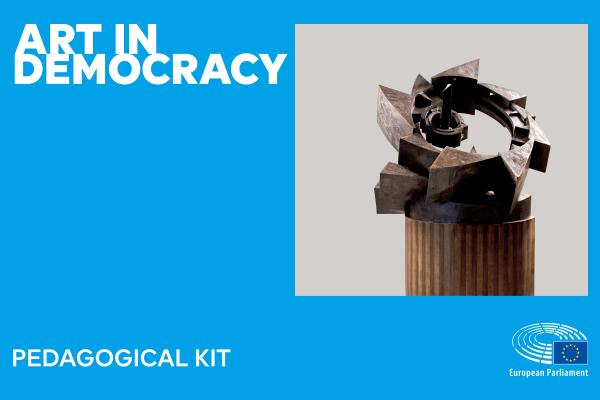
Art in Democracy - Pedagogical Kit
This pedagogical kit aims to provide educators with practical guidance for the exhibition Art in Democracy.
- Age groups
- Ages 15 and over
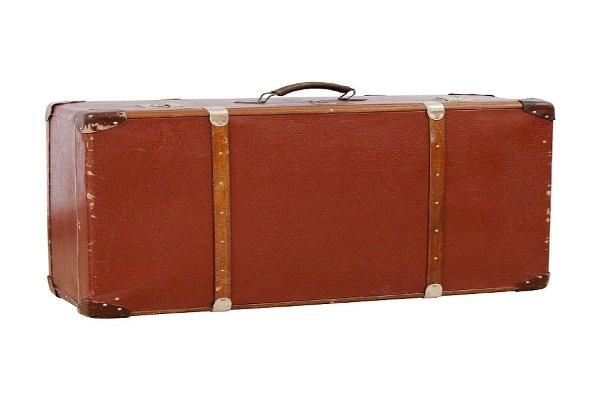
Borders and Bridges - Migration
The issue of migration is a hot topic in today’s Europe, but why? A mass global movement of humanity is taking place, as is evidenced by phenomena ran...
- Age groups
- Ages 12 to 15Ages 15 and over

Coding
Free resources in 29 languages to help teachers introduce coding and computational thinking to students of all ages. These fun activities will help de...
- Age groups
- Ages 9 to 12Ages 12 to 15Ages 15 and over
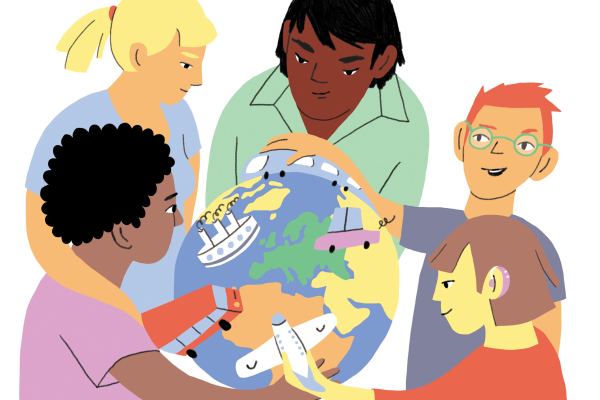
Educational toolkit to help fight gender stereotypes in primary school
This toolkit has been developed for primary school teachers and primary school young learners (6-7 years old). It aims to support teachers to organise discussions in the classroom to effectively address gender stereotypes, based on the example of the transport sector.
- Age groups
- Up to 9 years

Educational toolkit to help fight gender stereotypes in secondary school
This toolkit has been developed for secondary school teachers and secondary school young learners (14–15 years old). It aims to support teachers to organise discussions in the classroom to effectively address gender stereotypes, based on the example of the transport sector.
- Age groups
- Ages 12 to 15
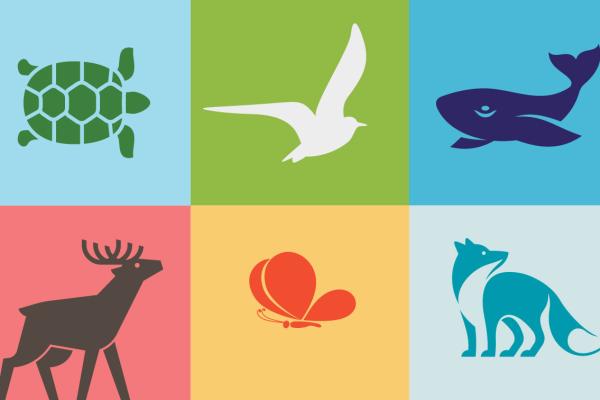
European Nature Protection Toolkit
This online toolkit is designed to support everyone looking for creative educational resources to engage students aged 13-16 in the conservation and preservation of European wildlife and natural habitats
- Age groups
- Ages 15 and overAges 12 to 15

Hawks and doves – Conflict
Many reasons can bring individuals and groups into confrontation with each other. At the same time, there are things we cannot achieve without others....
- Age groups
- Up to 9 yearsAges 9 to 12
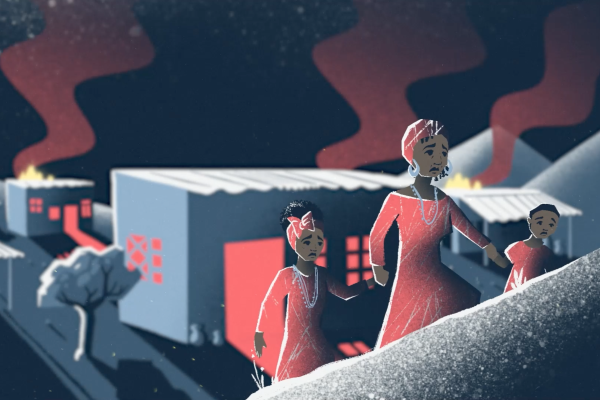
Helping people who are forced to flee
Are you teaching about people who are forced to flee? Use this teaching toolkit to teach students about the efforts of the European Union (EU), UNHCR and UNICEF to help people who have been forced to flee in Africa.
- Age groups
- Ages 9 to 12Ages 12 to 15

House of European History
The education team at the House of European History has developed these educational materials in conjunction with the narrative of the museum’s perman...
- Age groups
- Ages 15 and over

Ready for the Green Challenge?
The toolkit was developed as part of the Green Trip campaign, promoting sustainable projects and lifestyles among young Europeans.
- Age groups
- Ages 12 to 15Ages 15 and over
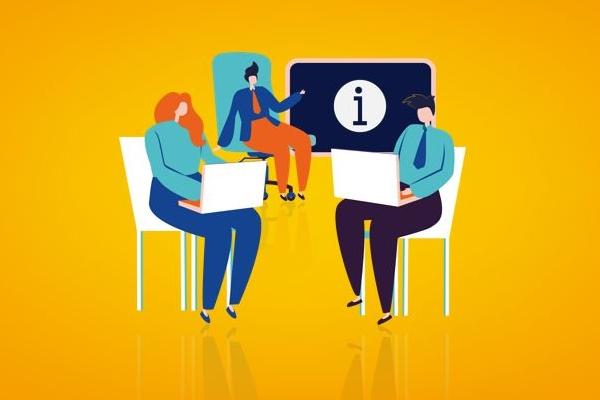
Spot and fight disinformation
The pandemic demonstrated just how fast misleading or false information can spread online. With this toolkit, secondary school teachers can help their students separate what is real from what is fake when they are browsing online.
- Age groups
- Ages 15 and over
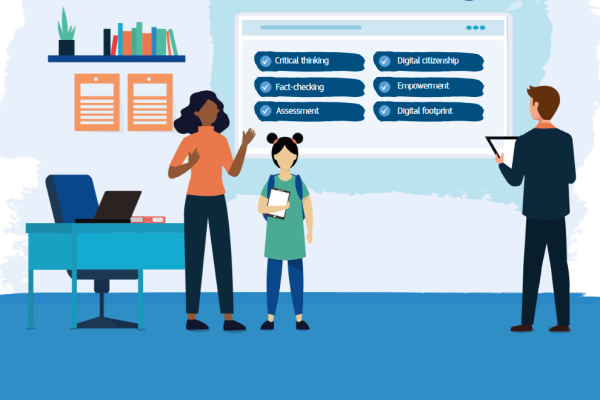
Tackling disinformation and promoting digital literacy
The Guidelines bring together pedagogy and practice in one easy-to-use format: How do we get young people excited about fact-checking and critical thinking? What are the technical dimensions of disinformation? How can we identify deep fakes?
- Age groups
- Ages 9 to 12Up to 9 yearsAges 12 to 15Ages 15 and over
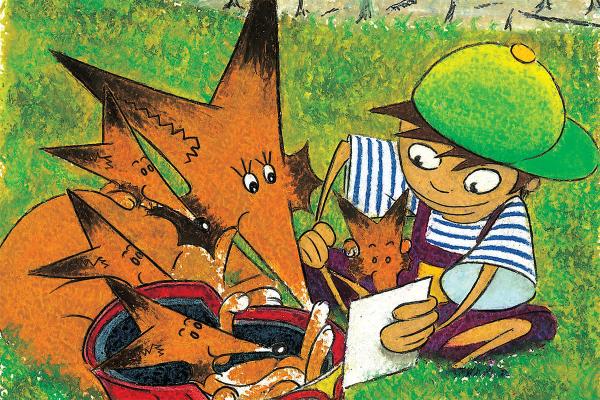
Tom and Lila
Take your students on exciting adventures with Tom and his friend Lila the fox in this series of books about the environment. Their adventures include...
- Age groups
- Up to 9 years
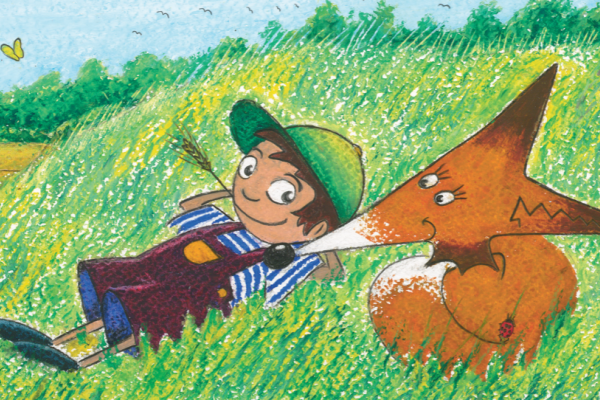
Tom and Lila Teaching Notes
Useful set of 10 brief teaching notes to guide parents and teachers in educational activities based on the stories of Tom and Lila.
- Age groups
- Up to 9 years

